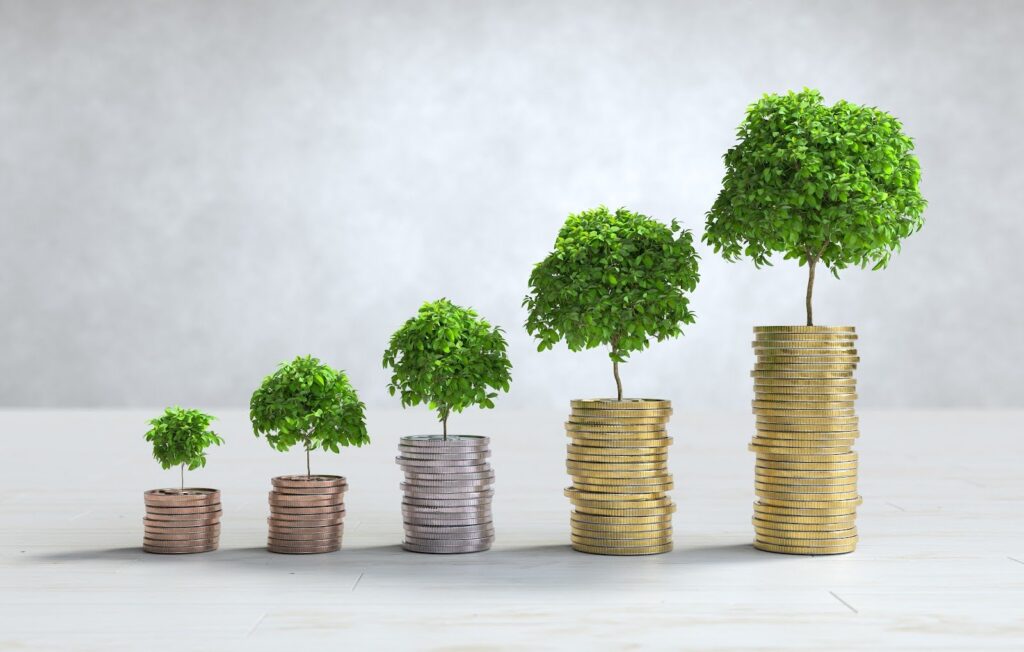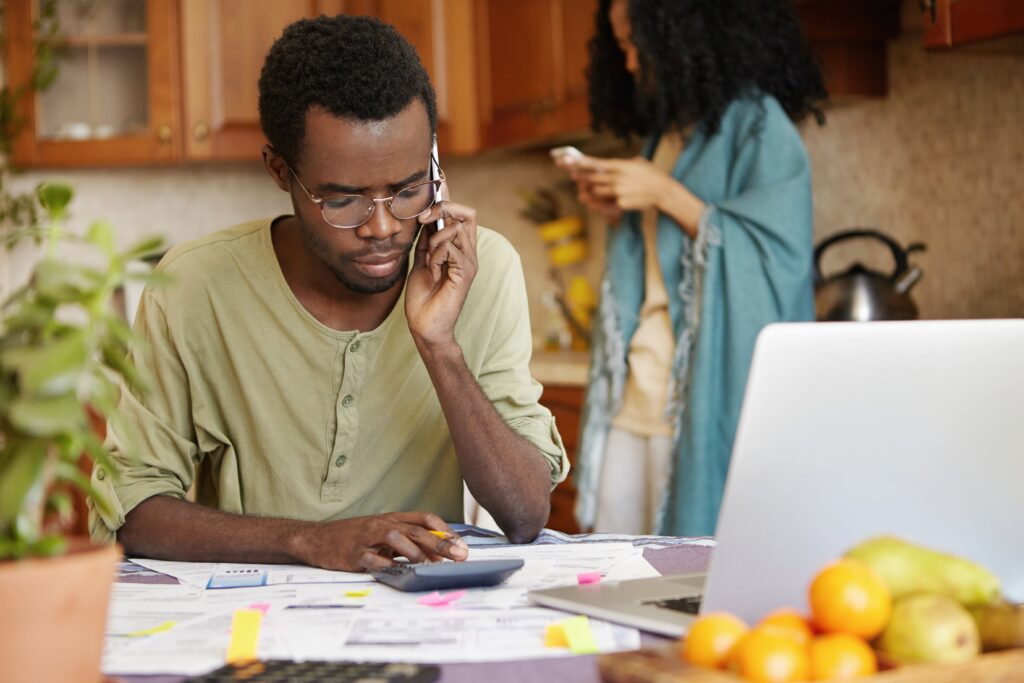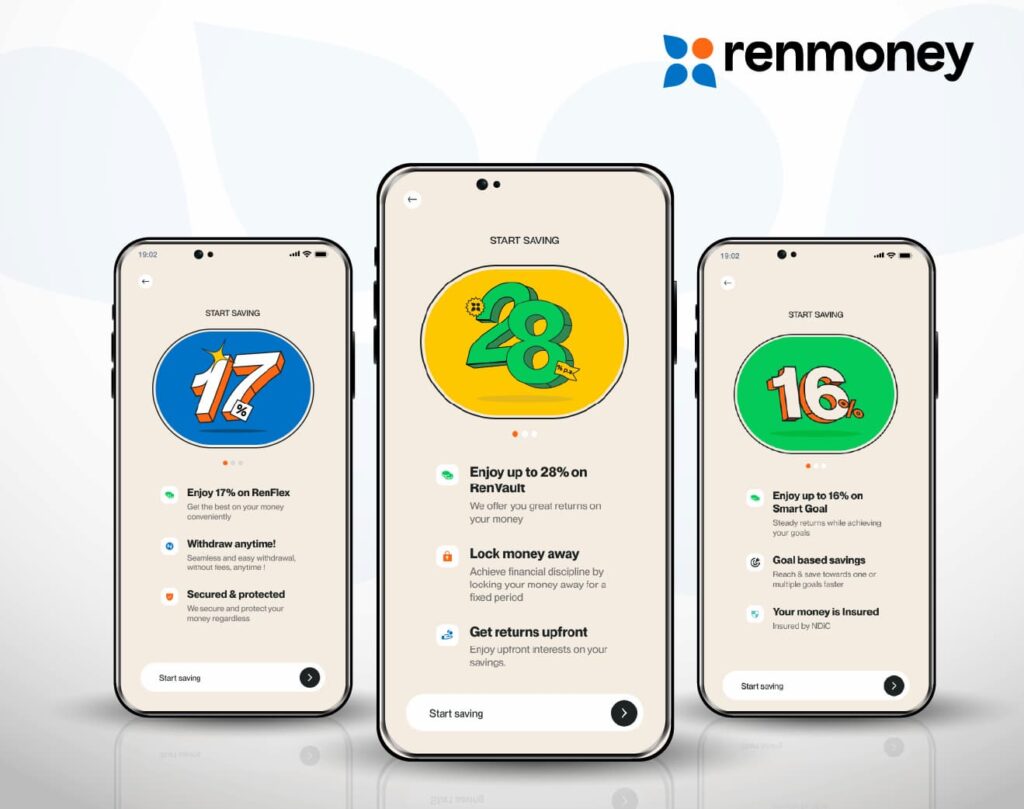Building an Emergency Fund: Why It’s Crucial for Nigerians
Let’s be honest—life in Nigeria can be vibes today, and vex tomorrow. One minute you’re sipping zobo and dancing to Burna Boy, next thing NEPA takes light, your generator packs up, and your landlord starts calling like he’s your long-lost uncle.
That’s why, dear Nigerian, an emergency fund is not a luxury. It’s a lifesaver.
So, What Exactly Is an Emergency Fund?
Think of it as a “God-abeg” account. A stash of money you only touch when wahala shows up uninvited—like hospital bills, job loss, or when your car chooses to break down in Third Mainland Bridge traffic (because why not?).
It’s not for aso-ebi, not for Detty December, and definitely not for last-minute Dubai trips.
See more from the US financial bureau
Why Every Nigerian Needs One?
1. Because Nigeria is Nigeria-ing every day
Our economy is like suya—sometimes sweet, sometimes spicy, sometimes burnt. Fuel prices jump overnight, dollar rates fly higher than your dreams, and a bag of rice now costs more than your first phone.
Having an emergency fund means you’re not always at the mercy of the news or your favourite awoof group chat.
2. Medical bills don’t wait for payday
Meet Chika. She’s 29, works in tech, and had zero savings because she “was still young now.” One Sunday afternoon, she fainted during heatwave season and woke up to a ₦85,000 hospital bill. She had to call her ex for help. Don’t be like Chika. Sometimes it’s necessary so that you have something to fall back to.
3. Jobs come and go
If your employer sneezes, you can catch unemployment. We’ve all seen companies do “restructuring” faster than it takes to cook noodles. An emergency fund gives you breathing space till your next hustle clicks.
See Job loss story here
4. Helps you sleep better
Knowing you have money set aside makes you sleep like someone who paid rent in full and still has money left for shawarma. It’s financial peace of mind.
How much should you save?
A good rule is 3 to 6 months’ worth of your expenses. If you spend ₦100k a month, try to save ₦300k to ₦600k in your emergency fund. Start small if you must—even ₦5k a month adds up.
How to build it—No jazz needed
- Track your expenses – Know where your money is going. Airtime? Uber Eats? Weekly haircuts? Cut back small small.
- Set a monthly target – Automate savings if you can. Treat it like a bill.
- Open a separate account – Don’t mix it with your everyday account. You’ll be tempted to touch it.
- Avoid risky investments – This is not the money to put in crypto or bet on Arsenal. Keep it safe and accessible.
See more for more tips on building emergency funds
Real talk: Emergency fund is your “Soft landing”
You know how Nigerian parents always say “hope for the best, but prepare for the worst”? This is exactly that. Life will throw curveballs. The question is, will you catch it with vibes, or with a ready wallet?
Final thoughts
Building an emergency fund won’t solve all your problems, but it will ensure you don’t have to borrow from your ex, boss, or village people when trouble comes knocking.
So start today. Even if it’s just ₦1k a week. That’s one less meat pie, one step closer to peace of mind
More on emergency funds
Your future self will say: “God bless the day I read that blog.



